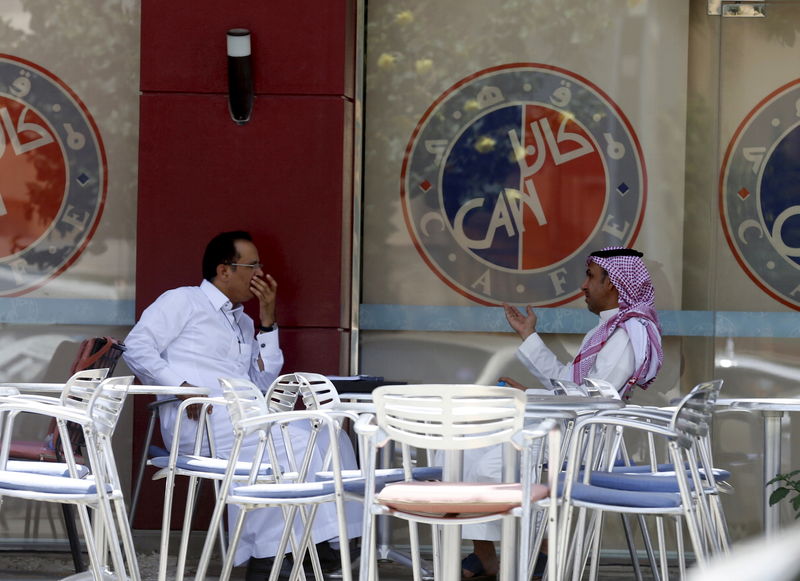(Bloomberg) -- Saudi Arabia is fulfilling its pledge to make deeper cuts in oil output than the OPEC+ agreement on output requires, according to the first indication of the kingdom’s production since the supplier group extended curbs earlier this month.
The de facto leader of the Organization of Petroleum Exporting Countries will pump less than 10 million barrels a day of crude in both July and August, according to a person familiar with Saudi energy policy. Saudi Arabia will limit exports to fewer than 7 million barrels a day, said the person, who asked not to be identified because the information isn’t public.
OPEC and partners including Russia agreed to keep cutting production through the end of March. The alliance is seeking to mop up excess crude in the market and buoy prices. Brent crude has gained about 1% this month to near $67 a barrel, helped by the extended cuts, geopolitical tensions and sanctions that crimped sales from Iran and Venezuela.
Even as Saudi Energy Minister Khalid Al-Falih pledged that his country would continue doing more than its share to pare global supply, Middle Eastern oil producers are keeping Asia, their biggest regional market, well supplied. Consumption in Asia is picking up and will help boost demand in the second half, said the person.
State oil company Saudi Aramco will supply full contractual amounts of crude to at least six buyers in Asia for August, in line with sales to that region in June and July. Persian Gulf producers are maintaining shipments to buyers that may be lacking crude from Iran, said Edward Bell, director of commodity research at Dubai-based bank Emirates NBD PJSC.
The Saudis “need to make sure Asia stays well supplied, while taking away crude from regions that don’t need it as much,” Bell said. “Expect to see Saudi supplies to the U.S. constrained for the rest of the year.”
OPEC, which pumps 40% of the world’s oil, said Thursday that it’s producing about 560,000 barrels a day more than will be needed next year as the ongoing surge in U.S. shale threatens to deliver another surplus. Global oil consumption will continue to grow in 2020 at the same pace as this year, OPEC said in its monthly report, with the expansion driven by emerging economies like India and China.
Saudi Arabia’s crude exports to the U.S. hovered around 500,000 barrels a day in May and June and at about the same level so far in July, compared with just over a million barrels daily in August of last year, according to data from the U.S. Energy Information Administration.
Planned Saudi production for July and August would be little changed from previous months, with June output at 9.73 million barrels a day, according to data compiled by Bloomberg.
